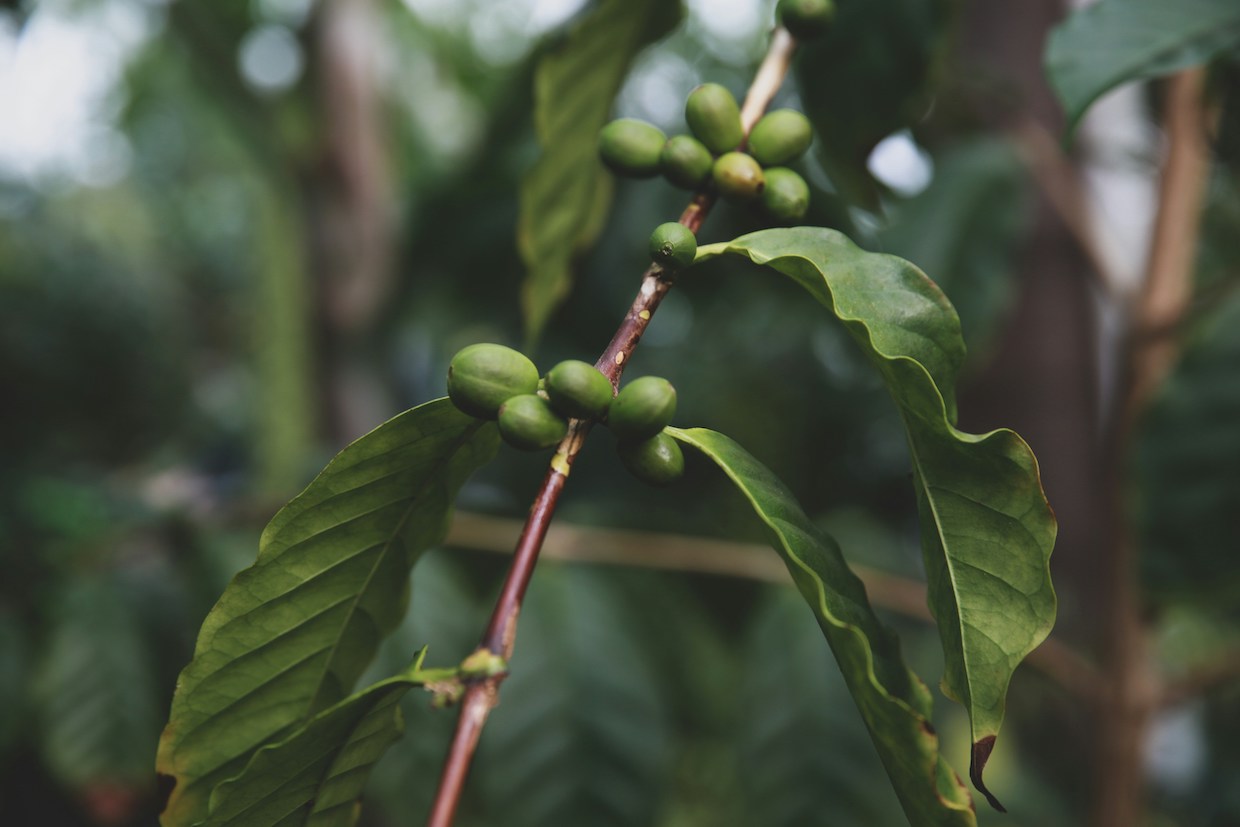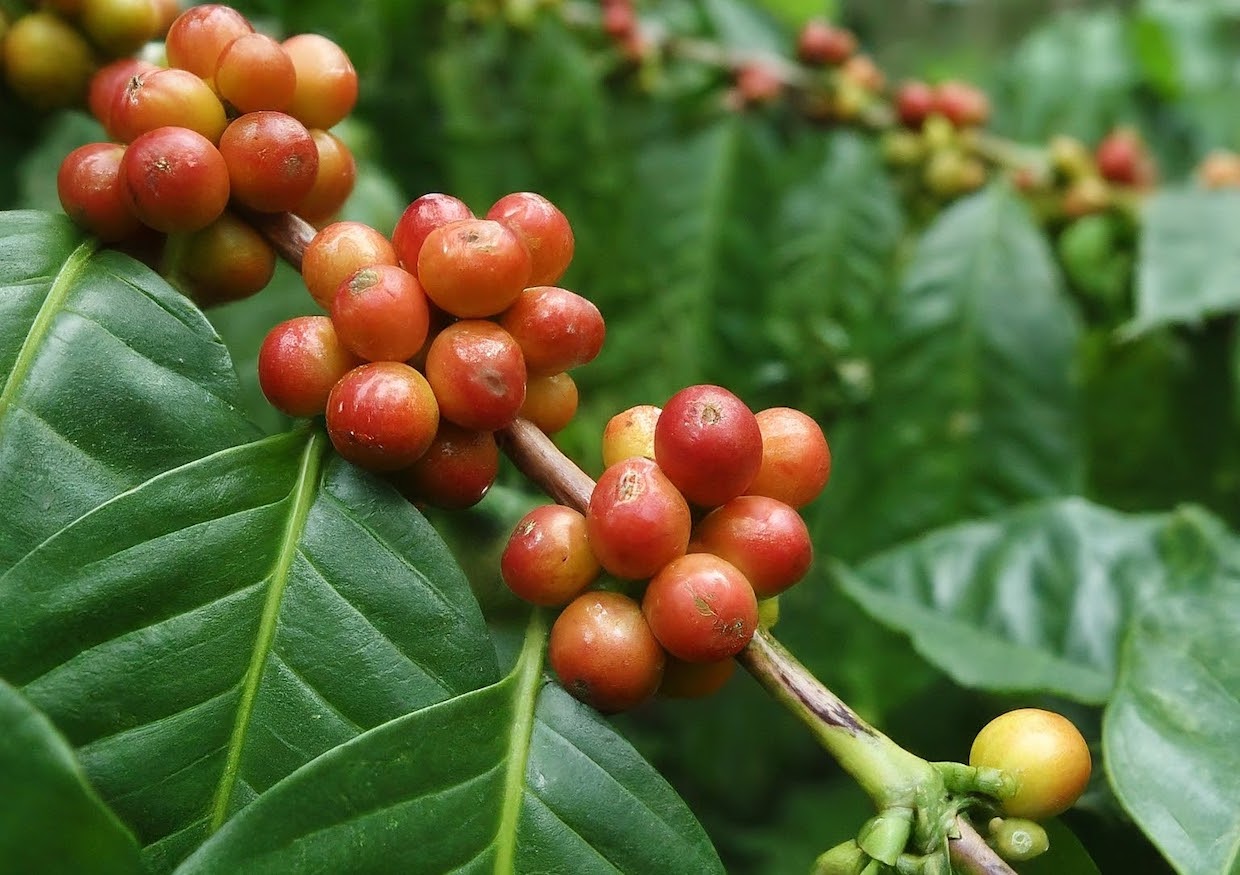Newly published research reinforces the idea that participation in the specialty coffee market has greater potential to improve small family farmers’ incomes and livelihoods.
The catch is that participation in the specialty coffee market requires significant economic and social capital to begin with, the study notes.
The study, published online in December and coming to the Elsivier journal World Development Perspectives in March, begins by presenting evidence that smallholder farmers continue to bear the most risk in the coffee chain regarding threats such as climate change, diseases like leaf rust and price volatility.
The research focused on farmer groups and related market actors in Colombia, the world’s fourth-largest coffee-producing country with a robust institutional framework, and Bolivia, which contributes less than 1% of the world’s coffee exports.
While outlining plenty of differences in the value chain dynamics between study groups within the two countries, the research identified common pathways to increased incomes and improved livelihoods — notably, selling roasted coffee directly within the domestic market, and selling green coffee of recognized specialty grade.
“Our results from Bolivia and Colombia clearly show positive income effects for farmers participating in specialty coffee value chains, particularly those involved in direct-trading schemes or who roast and sell their coffee on national markets,” the researchers wrote.
However, the research team also noted the many farmers may face barriers to participating in specialty coffee markets.
“Specialty coffee value chains tend to be exclusive and require significant livelihood capitals to begin with,” they wrote. “As a result, these value chains do not automatically benefit marginalized coffee producers and poor families.”
The research employed methods known as a participatory market chain approach (PMCA), typically designed to engage smallholder farmers alongside related market actors, as well as action research, a strategy in which interventions are measured and interpreted within the study. The research team said the study, and particularly the “social-ecological outcomes from production to consumption,” should be considered by governments or NGOs involved in coffee sector development.
The research team provides ample evidence of coffee farmers elsewhere abandoning coffee farms or switching to illicit crops such as coca due to sustained low prices on the commodities market combined with environmental threats. Thus, a central focus of the study is on potential “value chain improvements” in the coffee sector, which may keep farmers engaged in coffee through livelihood enhancements.
“Overall, the participation of small farmers in specialty markets remains a niche,” the study states. “The producers’ organizations, which represent the biggest share of production, are more focused on established certified markets for export. Private enterprises (both national and international) account for most of the specialty markets, though most of them source at least part of their coffee from small farmers.”
The researchers repeatedly introduce a caveat that specialty market participation does not guarantee improved smallholder farmer livelihoods or better environmental outcomes.
“The development of specialty coffee value chains does not automatically translate into more sustainable production methods or less deforestation — on the contrary, most of the community and private enterprises we studied used conventional production methods in full-sun coffee plantations, which extends to the producers delivering coffee to these companies,” the study states. “This particularly applies to specialty coffee marketed domestically, where demand for sustainable coffee and sustainable certification schemes remains weak.”
Notably, the study also suggests cup quality definitions — such as those created by Specialty Coffee Association protocols — play a role in value chain development, particularly as it relates to smallholder farmers.
Wrote the researchers, “For specialty coffee value chains to work for family farmers, cup quality definitions must consider social and ecological impacts from production to consumption.”
The researcher and writing team behind the study included:
- Johanna Jacobi of the Federal Institute of Technology (ETH) (Switzerland);
- Derly Lara, Daniel Castro and Nelson Gutierrez of the Universidad Surcolombiana (USCO) (Colombia);
- Sebastian Opitz, Sabine de Castelberg and Chahan Yeretzian of Zurich University of Applied Sciences (ZHAW) (Switzerland);
- Sergio Urioste and Alvaro Irazoque of Slow Food (Bolivia);
- and Elio Wildisen of University of Bern (Switzerland).
Find the complete study here.
Comments? Questions? News to share? Contact DCN’s editors here.
Nick Brown
Nick Brown is the editor of Daily Coffee News by Roast Magazine.









Comment